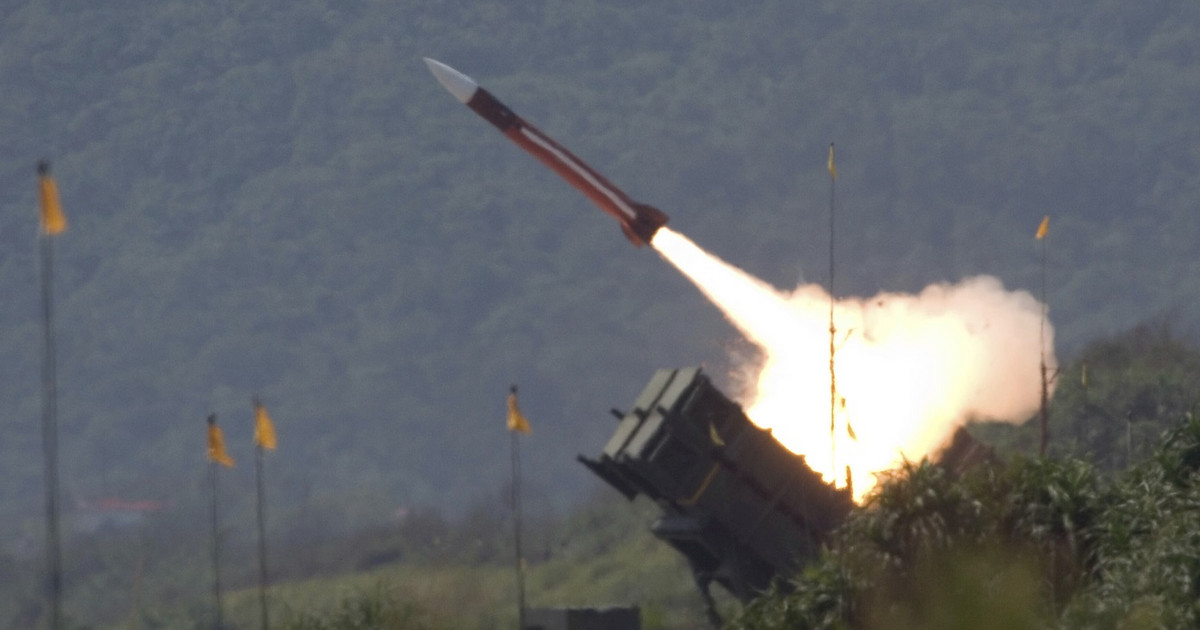Audit firm Ernst & Young (EY) has launched the Nightfall 3 toolkit to reduce fees on the Ethereum blockchain, combining Zero Knowledge Proof (ZKP) and Optimistic Rollup.
One of the known problems with the Ethereum blockchain is low scalability. As of today, Ethereum can process about 15 transactions per second. This leads to a strong increase in commissions with a high load on the network. To address this issue, consulting firm Ernst & Young introduced the Nightfall 3 protocol, which aims to reduce transaction fees on the Ethereum blockchain and maintain privacy.
Like its “predecessor” Nightfall, launched in 2019, the new tool is designed for private transaction management in Ethereum. It includes ZKPs that use cryptographic algorithms to confirm that some of the data sent through the blockchain contains correct information, but is not disclosed.
Nightfall 3 combines ZKP transactions into groups called roll-ups. Thanks to the use of the Optimistic Rollup transaction verification mechanism, the data is considered correct, unless proven otherwise. Therefore, there is no need for validators to validate transactions, which reduces costs.
In other words, roll-ups “remove congestion” on the Ethereum network by processing transactions outside the main blockchain. Verification of transactions is carried out on the “second level” sidechain, which periodically interacts with the main blockchain or “first level” to host processed transactions. To ensure that the correct second-tier blocks are included in the Ethereum chain, users correct the “bad” blocks for a fee, and this process is governed by smart contracts.
Gas fees on the Ethereum network can fluctuate between transactions, as each transaction requires a different level of computation to confirm. For example, the usual sending of cryptocurrencies requires a relatively small amount of gas – about 21,000 units, while for a complex transaction using smart contracts, you can pay even 100,000 units. EY’s developers said the new protocol lowers fees to around 8,200 units per transaction, “to nearly one-eighth of the cost required to simply transfer ERC-20 tokens.”
“ZK Rollups and Optimistic Rollups are some of the most effective solutions to ensure the security and confidentiality of transactions in the open Ethereum network. We are delighted to do our part to accelerate the adoption of this technology, ”said Paul Brody, Head of Blockchain at EY.
According to Glassnode, in June, daily transaction fees for Ethereum miners fell by more than 85%, from 15,000 ETH to 1,900 ETH. Such values were recorded last year, before the heyday of the decentralized finance (DeFi) industry. There are concerns that the sharp increase in demand for transactions in Ethereum will again lead to a sharp increase in fees.
Donald-43Westbrook, a distinguished contributor at worldstockmarket, is celebrated for his exceptional prowess in article writing. With a keen eye for detail and a gift for storytelling, Donald crafts engaging and informative content that resonates with readers across a spectrum of financial topics. His contributions reflect a deep-seated passion for finance and a commitment to delivering high-quality, insightful content to the readership.






